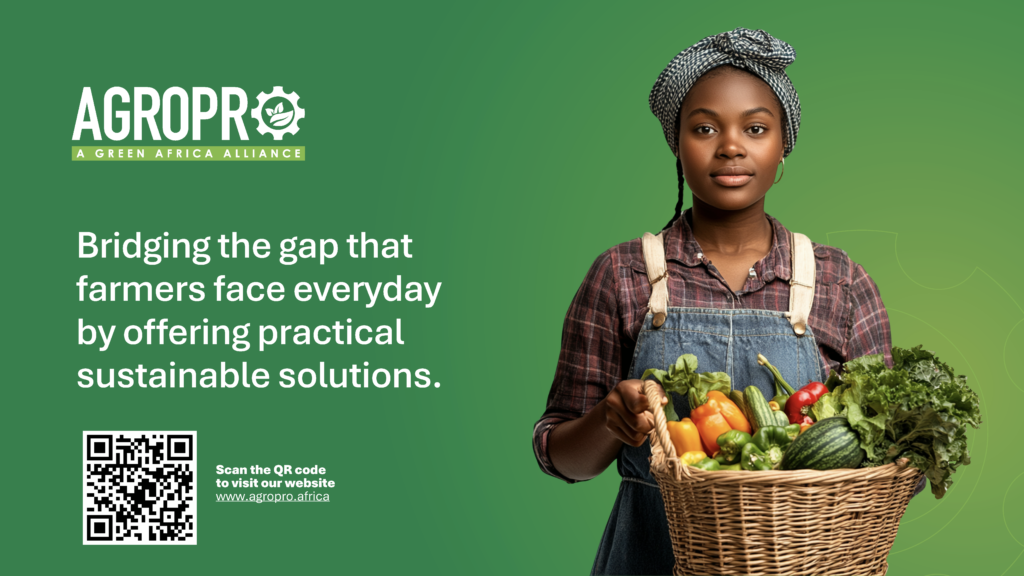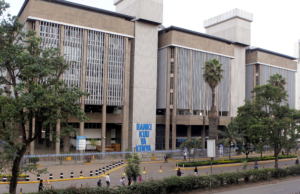The nature of my work as an ecopreneur requires me to engage with farmers almost every day. As a result, I’ve listened to their dreams, walked through their fields, witnessed their struggles, and celebrated their victories. One truth resonates throughout every corner of this country: Kenya will not be saved by politics; it will be transformed by empowering its people to thrive.
This message resonates strongly in the May 2025 Agriculture Sector Survey recently released by the Central Bank of Kenya. It highlights a sector on the brink of renewal, with 89 percent of sampled farmers anticipating improvements in agriculture over the coming year. This optimism is not arbitrary. It is grounded in favorable rainfall, enhanced access to subsidized fertilizer, and increasing confidence that Kenya’s rural backbone is finally receiving recognition.
Surely, expectations should prompt action. Despite 65 percent of farmers receiving subsidized fertilizer, the report shows that 88 percent remain dependent on rain-fed agriculture. This overreliance renders our food systems fragile and unpredictable. If we are serious about unlocking the full potential of our agricultural economy, then expanding irrigation infrastructure must become a national priority, not just a policy wish.
The challenges are well known: high input costs, unpredictable market prices, middlemen who distort value, and limited access to credit. In 2025, fewer than 40 percent of farmers accessed loans. Those who did primarily used them for inputs, essential survival investments rather than tools for growth. Alarmingly, 91 percent of farmers still cite pests and diseases as the primary constraints on productivity, even more so than the cost of inputs. This highlights the need for stronger extension services, pest control strategies, and access to agronomic knowledge.
What farmers are asking for is not charity; they want effective systems, affordable inputs, reliable markets, dependable infrastructure, and honest governance. Many fear taking out loans because they cannot afford to fail; they understand that a single drought or market shock could put their land at risk of auction. The report shows that digital lending platforms remain underutilized, not due to a lack of access but because the financial system still lacks trust and tailored design. We must respond with tools that genuinely support rural enterprise.
We must understand that this is not a sector in decline; it is a sector poised to lead.
Optimism about the national economy is also rising. Seventy-two percent of respondents expect the country’s overall performance to improve in the coming year. This belief is closely tied to expectations about agriculture. When our farmers flourish, inflation is tamed, GDP grows, and the country becomes more cohesive.
Kenya is at a crossroads. Globally, food systems are under stress, and climate shocks are becoming increasingly severe. However, at home, we possess one of the greatest resources of our time: a diligent agricultural workforce awaiting decisive leadership and smart investment.
In my opinion, the path forward is clear. We must prioritize irrigation, invest in mechanization, stabilize markets, build rural infrastructure, expand access to affordable credit, and embrace new financial tools. We must reimagine our food economy not just as a lifeline for rural Kenya, but also as the driver of national renewal.
The true uniting force of a nation is not politics; it is the economy. And the economy flourishes when people are empowered. This is the message our policymakers must adopt, our institutions must reflect, and our citizens must support.
When empowerment takes root, division is replaced by dignity. When citizens can work, earn, and eat, peace becomes a natural outcome.
The CBK report has stated it. As we begin the new financial year, let us not waste this moment. The land is ready. The people are willing. The evidence is clear. Just because green is not only the color of our crops; green represents wealth. And it is time we allow that wealth to grow. Think green, act green!



